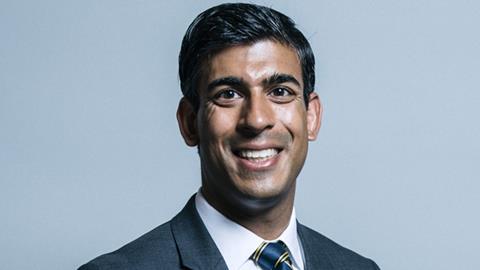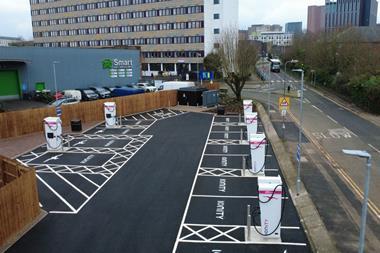
The Chancellor could face losing almost a third of the revenue he gets from fuel duty from cars before the end of the decade because of the move to green motoring, the RAC Foundation has warned.
However, the blow to the public finances – caused by the collapse in sales of new diesel cars and the growing popularity of electric vehicles (EVs) – is likely to be cushioned by a temporary rise in the revenue received from petrol cars.
In 2019, (pre-pandemic) income from fuel duty was £28bn with £16.4bn (58.6%) derived from the 32.9 million cars on the UK’s roads.
But analysis by the RAC Foundation shows that under an optimistic scenario for the future take-up of EVs the £16.4bn figure could be cut to £11.4bn (a £5bn or 30.5% reduction) by the middle of 2028.
The shortfall is roughly equivalent to what is spent annually on operating, maintaining and enhancing the nation’s motorways and major A roads.
The RAC Foundation forecasts that the decline in income would be faster still if not for a short-term rise in the number of petrol and plug-in hybrid cars on the road caused by drivers switching away from diesels but not straight to EVs.
This trend towards petrol could lead to the amount of fuel duty derived from the use of petrol-powered cars going up in the short term.
Steve Gooding, director of the RAC Foundation, said: “While we will all welcome a shift to greener driving, the sooner it happens the more pressing the dilemma for the Chancellor who faces a looming hole in the public finances.
“Currently, drivers of electric cars benefit from purchase subsidies and cheap running costs as ministers push to get more people to ditch fossil fuels. However, ministers must soon decide how and from where they are going to plug the fiscal hole electrification will inevitably cause.
“It could be that they choose to regard a drop in yield from motoring taxation as the price to be paid for saving the planet.
“That is all well and good but to give certainty to the individuals and businesses who buy the two million or so new cars sold in the UK annually that begs a conscious policy decision, communicated widely, not something we drift into by default.
“Inevitably there are many imponderables in doing this kind of modelling, not least future changes in government policy and shifts in travel behaviour brought on by Covid, however what’s indisputable is that income from the Chancellor’s favourite tax – simple and cheap to collect, and almost impossible to evade – is heading for terminal decline.”

































No comments yet